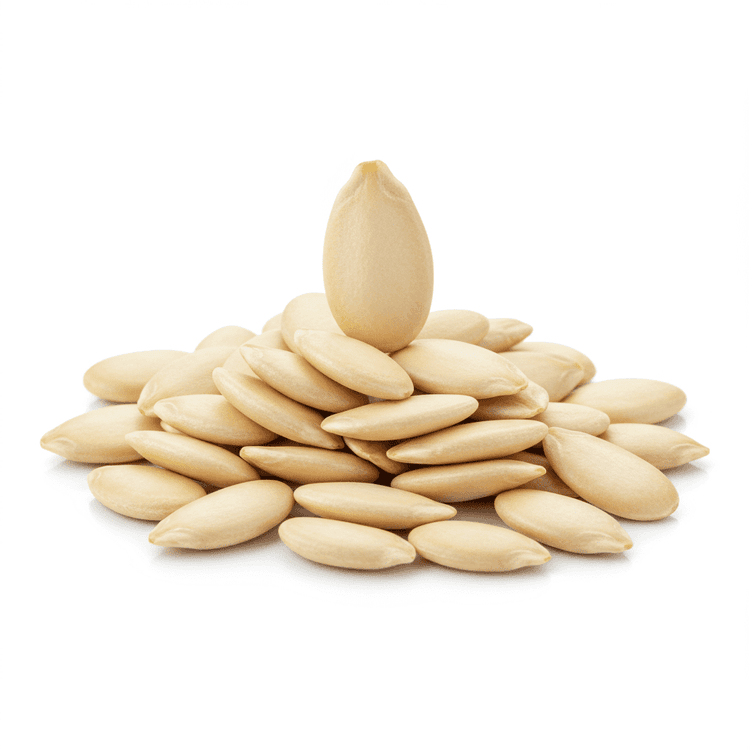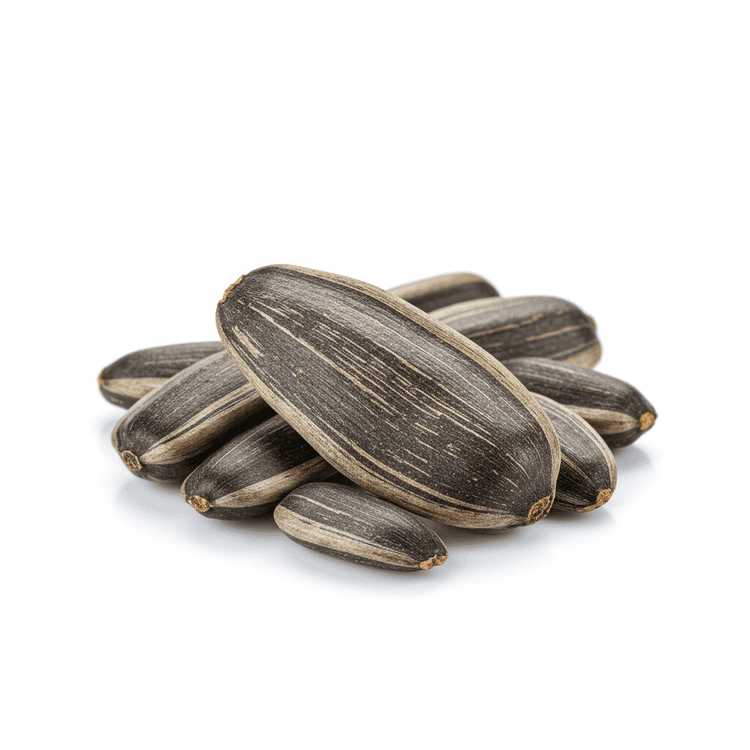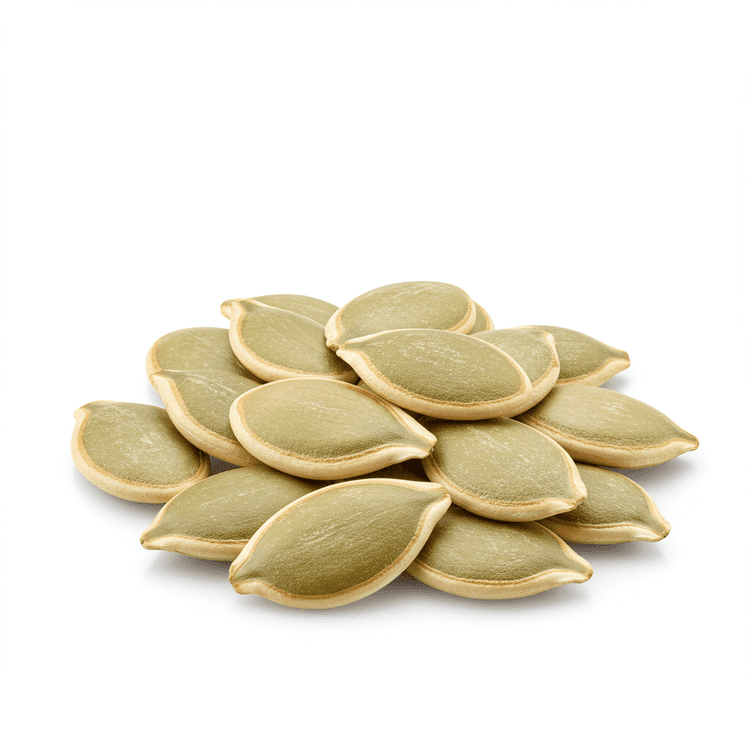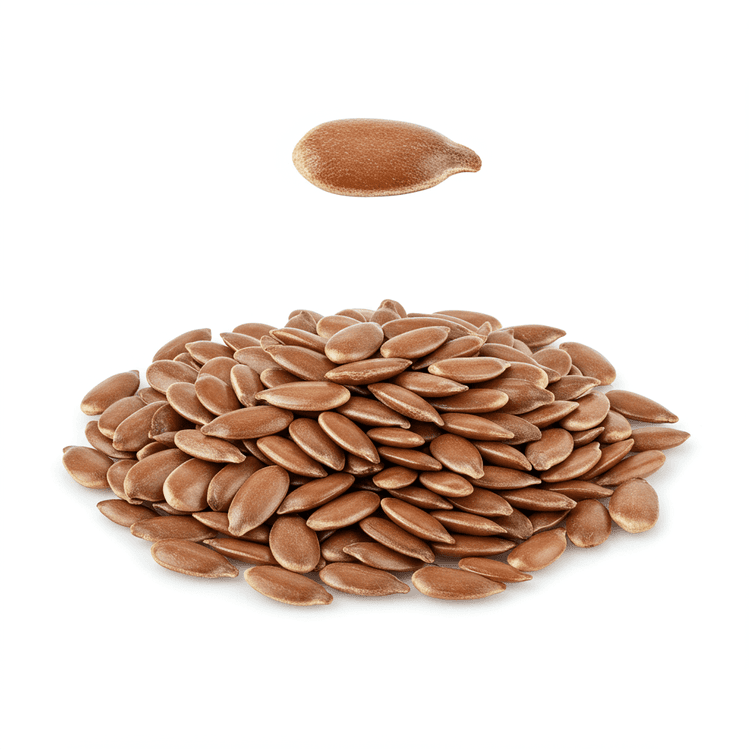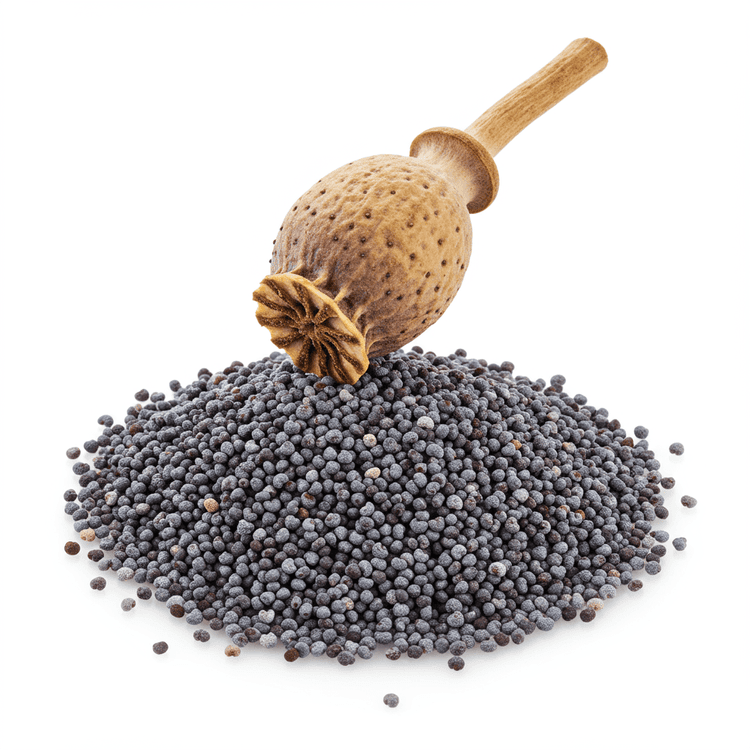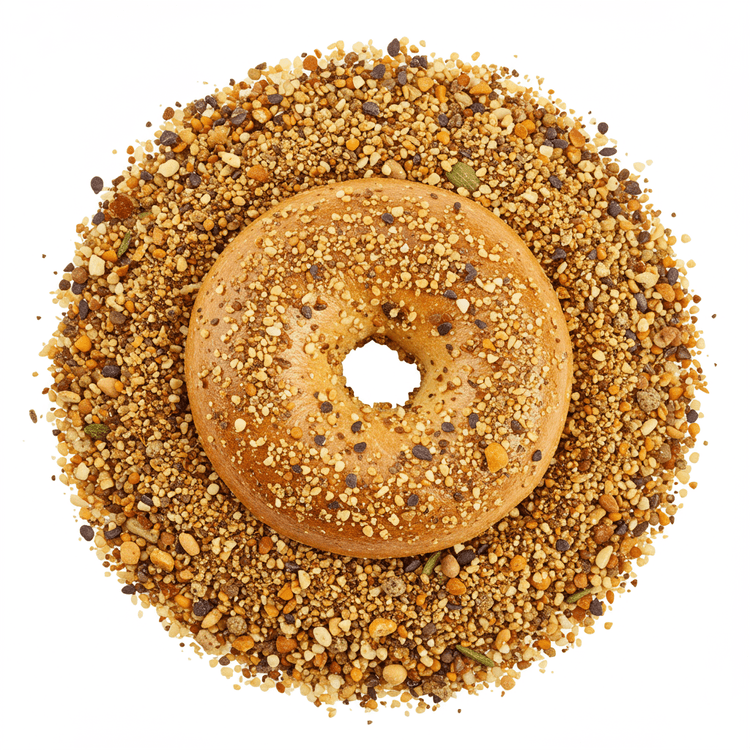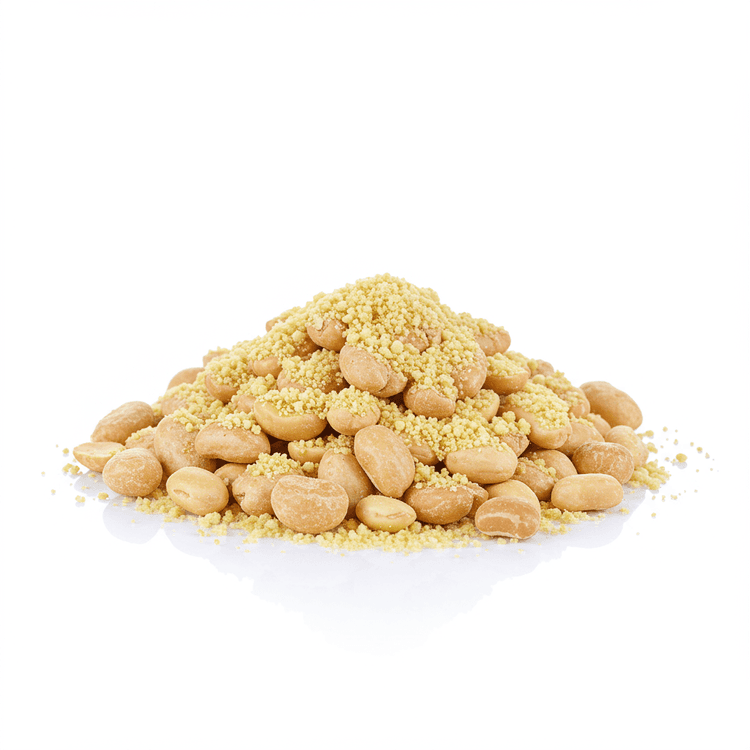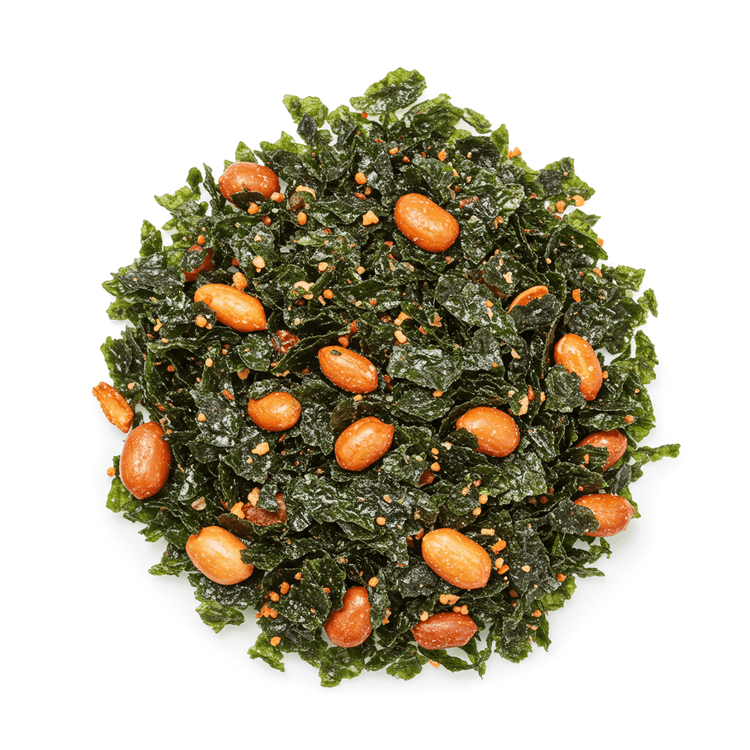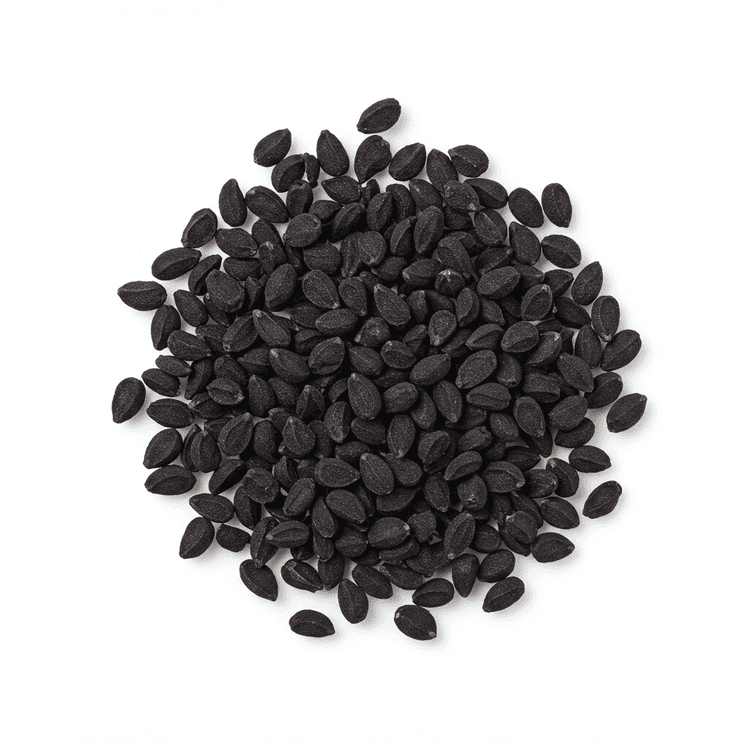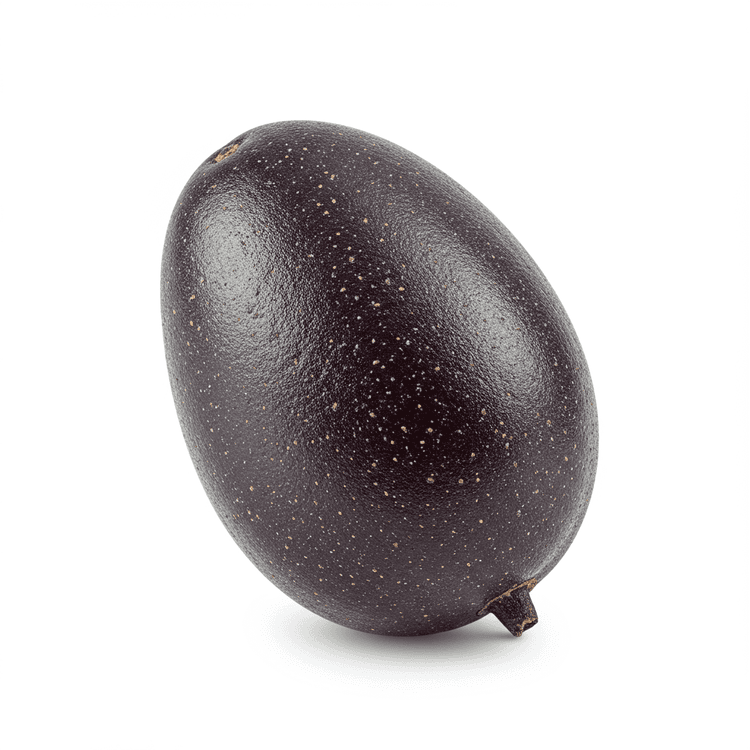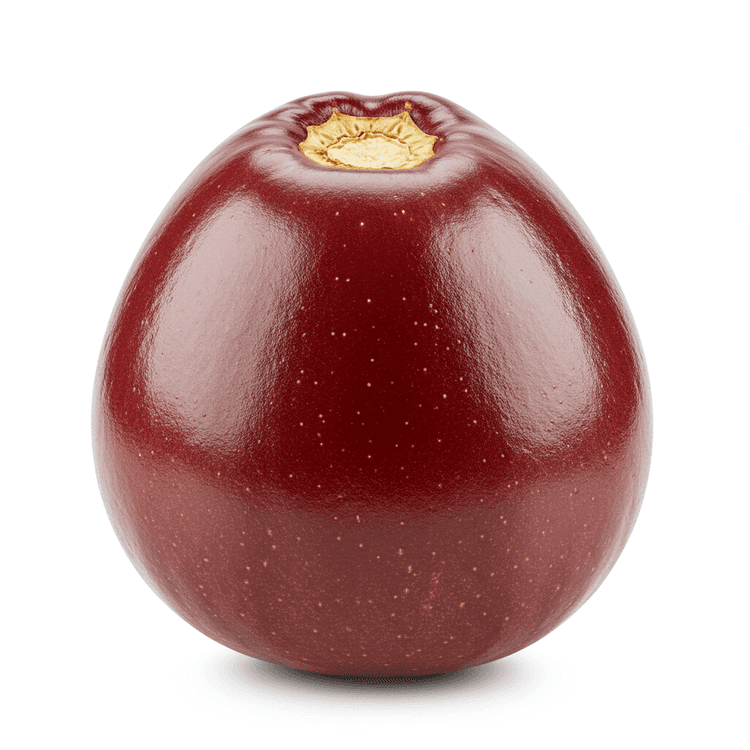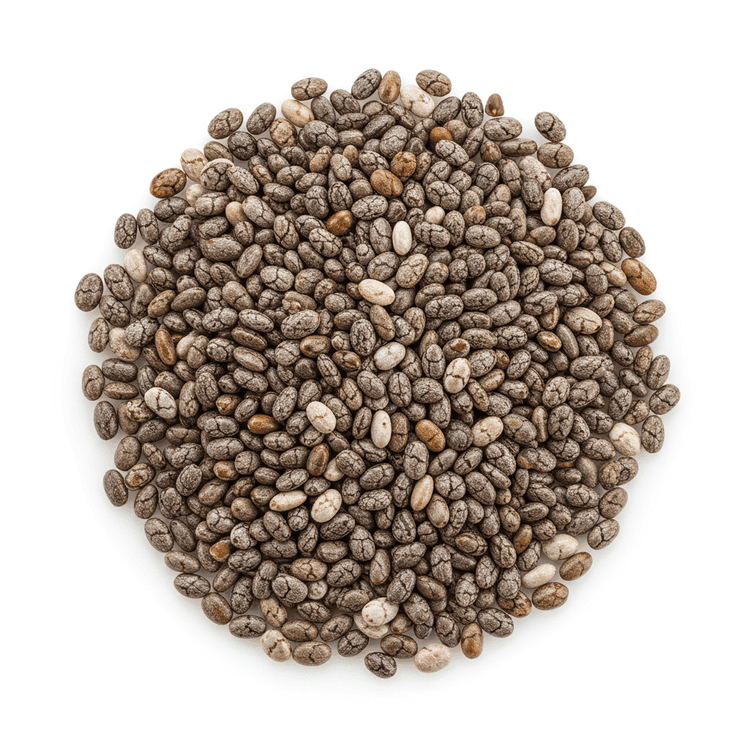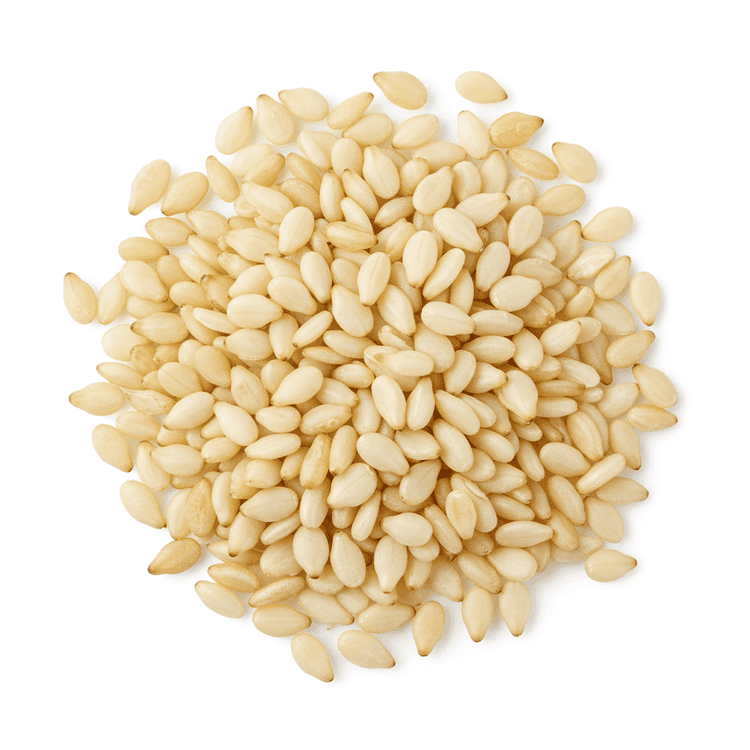
Sesame Seed
Sesame seeds are small, oil-rich seeds that boast a delicate, nutty flavor and a satisfying crunch. These tiny powerhouses come in a variety of colors, from creamy white to black, each adding a subtle visual appeal to dishes. Often used as a topping, sesame seeds offer both culinary and nutritional benefits, enhancing flavor and texture while providing essential nutrients. Explore the versatility of sesame seeds in your cooking, and discover new ways to elevate your culinary creations.
Common Uses
- Sesame seeds are toasted and sprinkled on bread, bagels, and buns to add a nutty flavor and crunchy texture. Try using black sesame seeds for a more intense flavor and striking visual contrast.
- Sesame seeds are a key ingredient in tahini, a smooth and creamy paste used in hummus, baba ghanoush, and other Middle Eastern dips and sauces. To make tahini, the seeds are typically hulled, roasted, and ground into a fine paste.
- Sesame seeds are commonly incorporated into stir-fries and noodle dishes, providing a subtle nutty flavor and textural interest. They pair well with soy sauce, ginger, and garlic.
- Sesame seeds are used as a coating for fried foods like chicken or tofu, creating a crispy and flavorful crust. For a richer flavor, toast the seeds before using them as a coating.
- Sesame seeds are added to salads and dressings for a boost of flavor and nutrition. A sprinkle of sesame seeds can elevate a simple salad, and sesame oil is a popular ingredient in salad dressings.
- Sesame seeds are used extensively in baking, for both sweet and savory applications. They are often added to crackers, breads, and cookies, contributing a nutty flavor and appealing visual element.
Nutrition (per serving)
Nutrition (per serving)
Calories
573.0kcal (28.65%)
Protein
17.7g (35.46%)
Carbs
23.4g (8.53%)
Sugars
0.3g (0.6%)
Healthy Fat
40.8g
Unhealthy Fat
7.0g
% Daily Value based on a 2000 calorie diet
Nutrition (per serving)
Calories
573.0kcal (28.65%)
Protein
17.7g (35.46%)
Carbs
23.4g (8.53%)
Sugars
0.3g (0.6%)
Healthy Fat
40.8g
Unhealthy Fat
7.0g
% Daily Value based on a 2000 calorie diet
Health Benefits
- Rich in minerals like calcium, iron, and magnesium for bone health and energy levels.
- Good source of plant-based protein, supporting muscle maintenance and overall body function.
- Contains healthy fats and fiber, contributing to heart health and improved digestion.
- Antioxidants present help protect cells from damage caused by free radicals, promoting overall wellness.
- May help lower cholesterol levels, contributing to cardiovascular health.
- Supports healthy skin due to its zinc and fatty acid content.
Substitutes
Chefadora AI is here.
Experience smarter, stress-free cooking.
Storage Tips
Sesame seeds should be stored in an airtight container to protect them from moisture and pests. Raw sesame seeds can be stored at room temperature in a cool, dry place for up to several months. To extend their shelf life, especially for toasted seeds, refrigeration is recommended. For long-term storage, sesame seeds can be frozen for up to a year without significant loss of flavor or quality. Be sure the container is tightly sealed to prevent freezer burn or absorption of odors.
Marnirni-apinthi Building, Lot Fourteen,
North Terrace, Adelaide, South Australia, 5000
Australia
